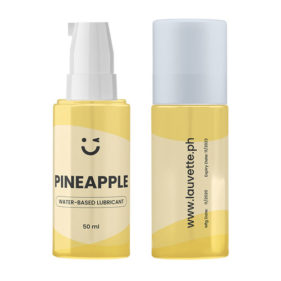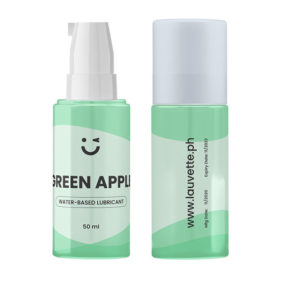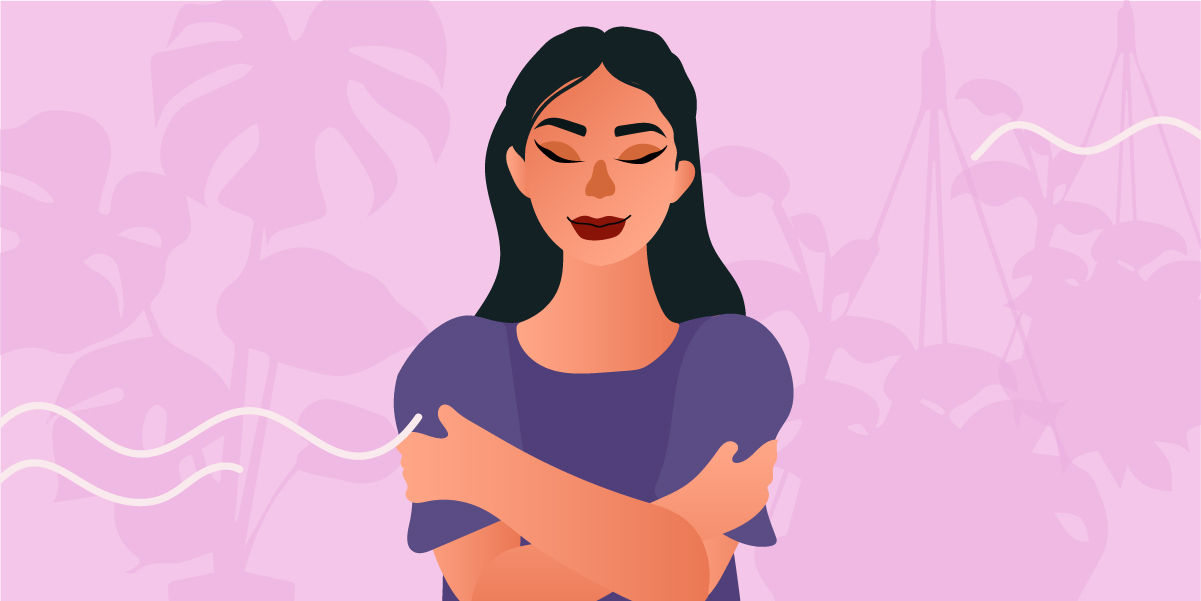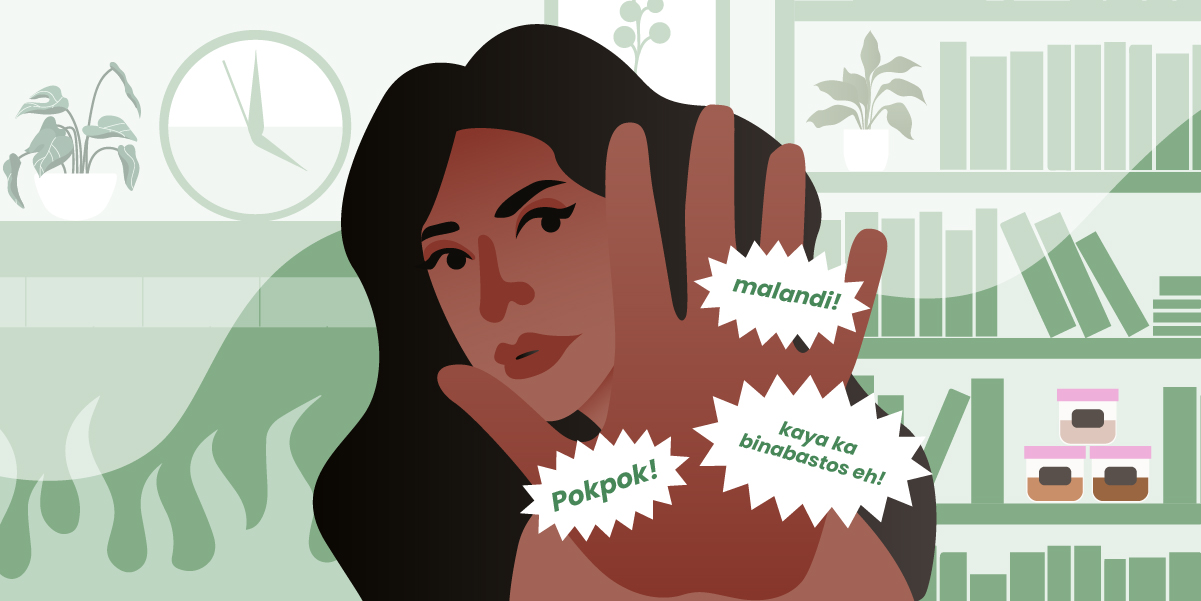
Virginity is perceived as something that we lose in the process of discovering our sexual selves. Losing it is considered a big deal, especially for women, as they’re expected to keep it until their wedding night. There’s even this popular saying that goes like this: “The best gift that a woman can give to her husband is her virginity.”
As for men, losing their virginity is a badge of honor. They’re seen as a “true man” for getting laid. It only becomes an issue if they still have it, despite being at the right age to have sexual experiences. They’ll be seen as a total loser who can’t have sex, whether or not they’ve chosen the virgin path or not.
But as more sex-ed resources have come out, young adults now see the v-card in a different light. People are now using terms such as “social construct” or “concept” when describing virginity. And though the general crowd is still putting one’s v-card on the pedestal, more people are now disregarding and seeing it as nothing but a way to control and shame people’s decisions about sex.
For this guide, we will be discussing what virginity means, why it’s a social construct, and why we should rethink this concept.
What is Virginity?

Virginity is the state of never having sex, specifically penetrative vaginal sex. However, this general meaning excludes lots of people, such as the LGBTQ+ community. That’s why most people have their own definition of this concept. For instance, some peeps consider not having oral or anal sex as a state of virginity.
There’s no accurate way to find out if someone is a virgin or not. However, some cultures conduct “virginity tests” wherein they would inspect a woman’s vagina to see if the hymen is still intact or not. They would ask their community leaders or medical professionals to check a woman’s vagina with their fingers. Some say if two fingers can be inserted smoothly in a woman’s vagina, they are considered non-virgins, regardless if they’ve experienced intercourse or not. This procedure is inaccurate and inhumane though— more about this on the next sections.
What is the Hymen?
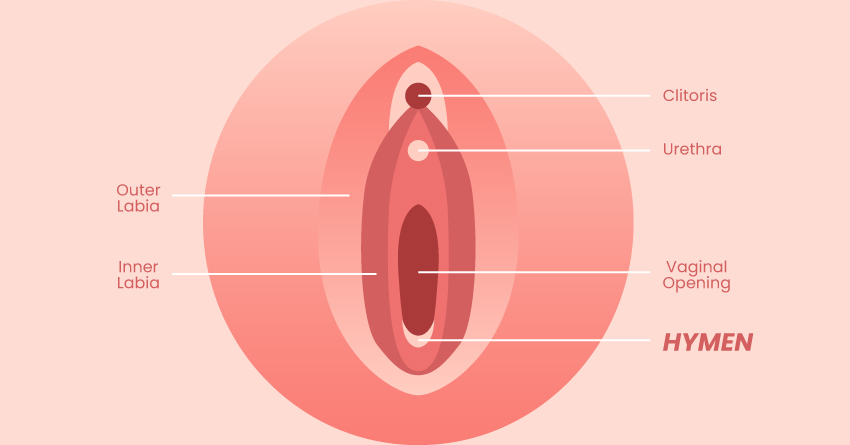
The hymen is a small and thin piece of flesh located in the opening of the vagina. Contrary to popular belief, it doesn’t fully cover the vagina; it looks like a donut with a hole in the middle or has perforations shaped like a half-moon. It usually stretches out during the deed and doesn’t cause that much pain, as long as the woman is fully relaxed, aroused, and lubed up.
Though there are cases of women having an imperforate hymen (it doesn’t have an opening), it rarely happens. So if you’re thinking that the hymen is a barrier that will get broken once a woman experiences vaginal penetration, it’s time to reframe your mindset about that.
Why We Should Rethink the Concept of Virginity
As you’ve learned what virginity and hymen are, you’ve probably noticed how this concept only matters to women. Men don’t need to partake in virginity tests, as having intercourse is considered a milestone.
On the other hand, women in some cultures have to forgo inaccurate tests and be subjected to damaging procedures to “prove” their virginity and purity. It’s hella problematic, don’t you think? With that, we should start redefining the concept of virginity; here are the reasons why we should start making a change.
1It’s a social construct.

Virginity is a social construct– it doesn’t exist in objective reality but as a result of human interaction. It’s actually based upon patriarchal concepts under religious principles. Because the Virgin Mary became pregnant without experiencing any sexual act, people believed that a good person can only be formed through “pure” wombs. Men would then seek out the “purest” wombs to bear their children with.
When perceived from a medical standpoint, virginity isn’t real. You can’t measure or see it. The only thing that can possibly determine it (hymen) can’t even give accurate findings. It’s simply an idea that was passed on from previous generations.
2It only focuses on vaginal penetration.

The concept of virginity only focuses on vaginal sex. However, penis-in-vagina penetration isn’t the only way to have sex. It can mean different things to other people— some consider oral sex, anal sex, clitoral stimulation, and nipple play as sex.
Aside from excluding other forms of sex, it also excludes tons of people, especially the LGBTQ+ community. Because this social construct establishes vaginal sex as the only sexual milestone wherein you could “lose” your virginity, it invalidates other people’s experiences.
This concept also ignores other people’s preferences and needs. For instance, most women would think that vaginal penetration is the only valid and healthy way of having sex with their male partners. Even if they’re not satisfied with vaginal penetration and are curious to try other things, they would just accept it, as they think sex is intended to be this way.
3It’s being used to control women’s bodies.
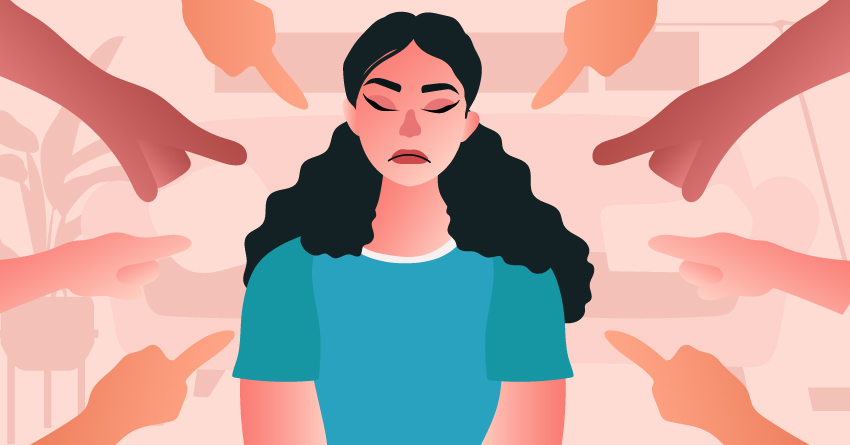 As we’ve mentioned earlier, losing your virginity is considered a big deal for women, as they’re expected to keep it until their wedding and is seen as the pinnacle of purity.
As we’ve mentioned earlier, losing your virginity is considered a big deal for women, as they’re expected to keep it until their wedding and is seen as the pinnacle of purity.
Suppose a woman engages in pre-marital sex or starts having casual hookups. In that case, they are deemed “overused,” “useless,” “pabaya” (someone who can’t take care of themselves), and “laspag” (a derogatory term that implies having a loose vagina). They are shamed for having multiple partners and are considered “unfit” to become wives, as penis owners are encouraged to be with a virgin partner to settle down with.
This is why it’s time to redefine virginity and end the cycle of sexual shame for women. A person’s virginity shouldn’t be linked with their value as a person— women aren’t losing anything while having sex.
4The status of a woman’s hymen has nothing to do with her virginity.
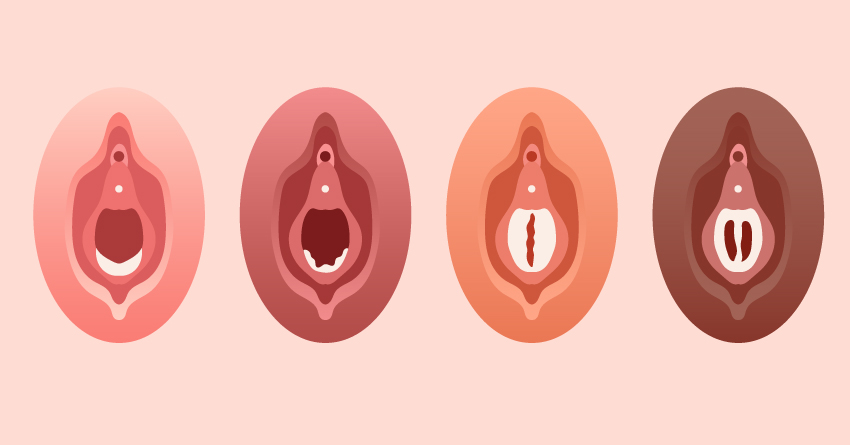
As we’ve mentioned earlier, the hymen is a small and thin piece of skin located in the opening of the vagina. It’s used to determine if a woman is a virgin or not. However, the link between the hymens and one’s virginity is nothing but a social construct.
You see, you can’t tell if someone is a virgin or not just by looking at their genitals. The size, shape, and color of the vagina don’t change after experiencing intercourse. Hymens also come in different forms and can be stretched out through strenuous activities such as biking and horse-riding.
5It perpetuates “virginity testing” in some cultures.
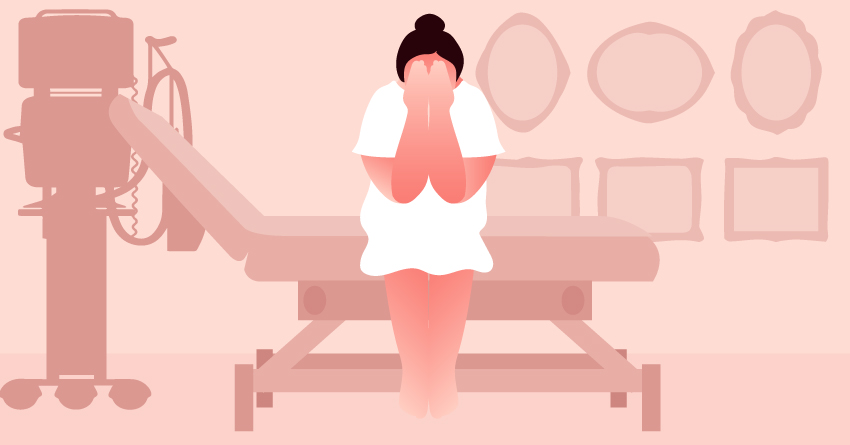
Virginity testing is considered a breach of human rights, as stated by the World Health Organization. It’s a global issue that affects women and girls in various countries. By rethinking the importance of virginity and redefining what it means, we can encourage other cultures to step up and change their old, sexist, and inhumane procedures.
6It’s being used to shame men for (the lack of) their sexperiences.
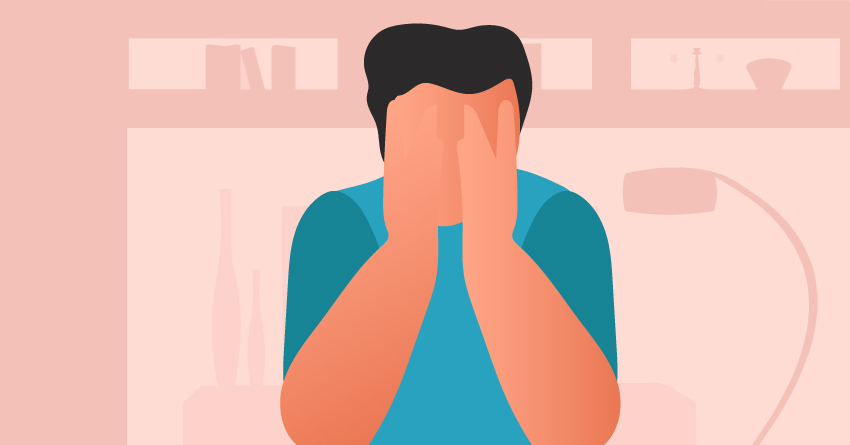
This social construct doesn’t just negatively affect women and queer people; it’s also used to shame men for the lack of their sexual experiences. As we’ve mentioned earlier, men are being celebrated for losing their virginity— it’s considered a rite of passage to manhood. However, if they don’t get to do it despite being at the mature age for it, they’ll be looked down upon.
7It perpetuates the cycle of sexual shame.

The concept of virginity only perpetuates the culture of shaming people for their sexual choices and lived experiences.
You’re a woman who had multiple intimate partners? People are now looking down upon you as a slut. You’re a guy who chosen to wait for the right person to have sex with? Oh, you’re now being judged and seen as a total loser. You’re a lesbian and never had sexual experiences with a guy? People are now gonna tell you that you’re missing out as you’ve never experienced the “real thing.” Is your first-time involves sexual assault? People will then think that your “honor” has been stolen and will pity you for losing it to the crime, not because you’ve been assaulted in the first place.
By removing the importance of virginity in our lives and seeing it as nothing but a social construct, we can gradually remove the stigma surrounding sex and end the cycle of sexual shame.
8It sets unrealistic expectations for your first time.

As we hold the concept of virginity on such a high pedestal, we’ve set up unrealistic expectations for that “first-time”. We’re led to believe that the first deed will be special and magical and that it’ll change our lives forever. Spoiler alert: it’s not as magical nor life-changing as one might think.
That’s why rethinking this social construct isn’t just helpful to end sexual shame; it also helps you develop a realistic perception of the activity and helps you focus on planning and preparing for it instead of romanticizing the heck out of it.
9It brings so much pressure during your first deed.
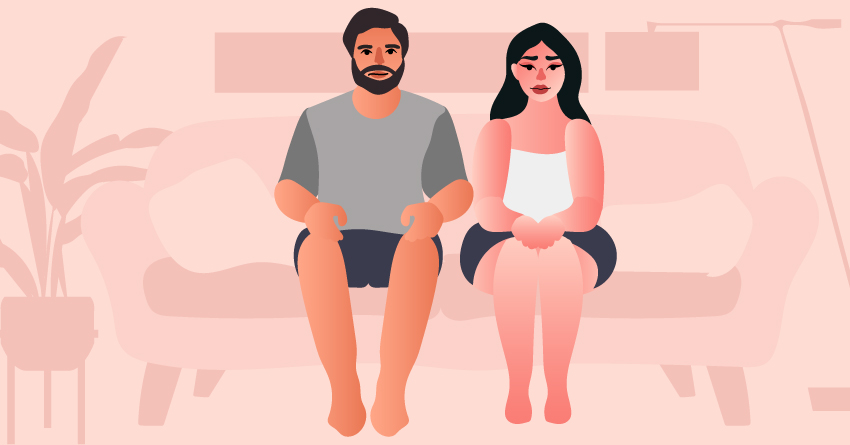
As this social construct sets unrealistic expectations about your first time, you become more pressured to make it as magical as possible. You’re afraid of making mistakes or fumble around the basics as you’ve put this experience on a high pedestal.
Instead of enjoying the activity and engaging with your partner, your mind constantly worries about the “losing your virginity” part, aka vaginal penetration. You’re thinking of the pain, the blood, the barrier, and all the other aspects connected to it. Not only that, but you’re also constantly thinking about what you feel instead of actually feeling it.
That’s why redefining virginity and viewing our first-time as a sexual debut is a must, as it helps anyone who’s about to kickstart their erotic journey. It eases up the pressure as they just think of it as a starting point for their sexcapades. By emphasizing that you don’t lose anything after having sex for the first time, more people wouldn’t be obsessing about it and put themselves under immense pressure.
10It reinforces the stigma surrounding sex.
 Since virginity perpetuates the idea that you’re losing something while having sex, it makes sexual intercourse look like a bad thing. That’s why there’s a stigma on discussing it, keeping people uniformed about birth control and other necessary info about sex. By redefining the concept, the taboos surrounding sex would ease up. More people would start talking about their own first-time sexperiences and even share tips on preparing for them.
Since virginity perpetuates the idea that you’re losing something while having sex, it makes sexual intercourse look like a bad thing. That’s why there’s a stigma on discussing it, keeping people uniformed about birth control and other necessary info about sex. By redefining the concept, the taboos surrounding sex would ease up. More people would start talking about their own first-time sexperiences and even share tips on preparing for them.
Frequently Asked Questions

As you’ve learned about virginity, the hymen, and the reasons why we should redefine it, you’ve probably had some realizations about this social construct. If you still have further inquiries about it, we’ve answered some frequently asked questions about virginity below.
1When is the right time to start having sex?
Once you’ve reached adulthood, it’s up to you when to have your sexual debut. We recommend doing it once you’re physically, mentally, and emotionally ready for the act. You’ll also need to check if you have the resources to get yourself the essentials, such as birth control and lube.
2Can you be sex-positive without experiencing sex?
Yes! One of the common misconceptions about redefining virginity is that it promotes the idea of not waiting for someone special to have sex with— it doesn’t work like that. In fact, it encourages people to live on their own sexual terms; this includes waiting for the right time and person to have sex with. As long as you respect other people’s decisions about their sex lives and are open for healthy sex-ed discussions, you’re as sex-positive as sexually experienced people.
3What are the steps I can take to redefine the concept of virginity?
Rethinking and redefining this social construct isn’t something you can do instantly. We suggest gradually changing your perception about certain things. For example, if you met someone promiscuous, don’t look down upon them or shame them for their sex life. You can also start sharing social media posts or blog articles, such as this one.
Takeaway
The social construct of virginity and the “purity” of the hymen can leave damaging effects on one’s self-esteem. It only perpetuates sexual shame; whether you’re a man, woman, or someone from the queer community, you may end up getting judged for your sex-related decisions and lived experiences because of this concept.
This is why we encourage everyone to perceive your first-time sex as an experience that you’ve gained, not something that you’ve lost. Let’s take action and re-shape the social construct of virginity for the better!









